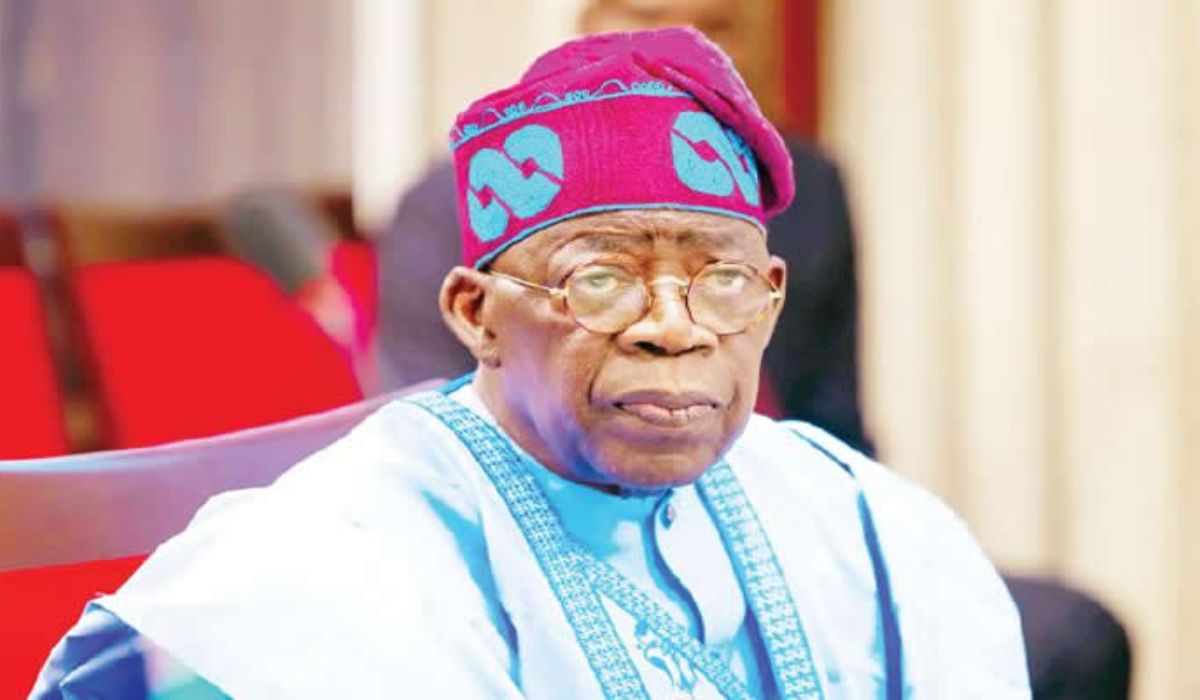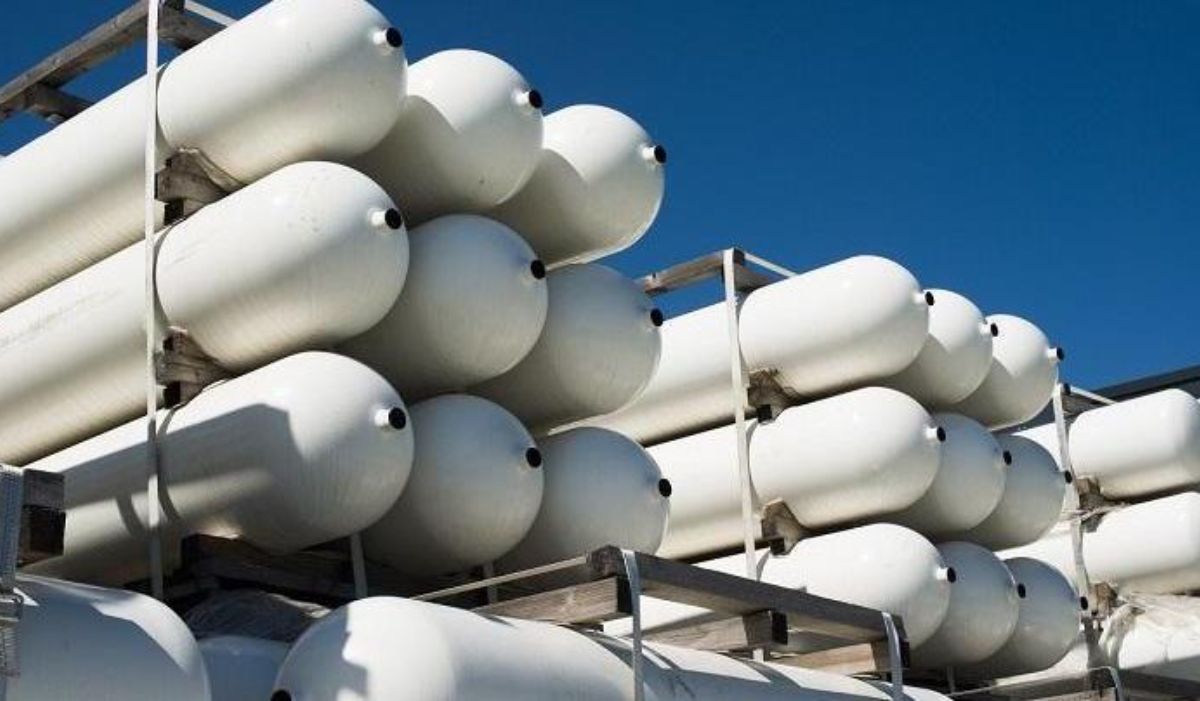Tinubu Unveils $122bn Electricity Sector Investment Plan

President Bola Tinubu has officially endorsed the National Integrated Electricity Policy (NIEP), a comprehensive roadmap for Nigeria’s power sector transformation that aims to attract $122.2 billion in investments.
During Monday’s Federal Executive Council (FEC) meeting, Tinubu approved this strategic electricity framework, which was initially proposed in December 2024. The policy establishes guidelines to revitalize the Nigerian Electricity Supply Industry (NESI), by Section 3(3) of the revised Electricity Act, 2023.
The ambitious plan spans from 2024 to 2045 and seeks to diversify Nigeria’s energy portfolio beyond the current reliance on hydropower and gas-fired thermal plants. The investment strategy includes allocating $192 million over five years (2024–2028), specifically for nationwide transmission capacity improvements.
Energy diversification under the policy will incorporate multiple sources, including hydrogen, solar photovoltaic technology, biomass, wind power, gas projects with carbon capture capabilities, nuclear energy, concentrated solar power, and bioenergy solutions.
According to the Special Adviser for Strategic Communications and Media Relations, Bolaji Tunji, the Minister of Power, Chief Adebayo Adelabu, confirmed that implementation has already begun and will accelerate following presidential approval.
The Minister said, “The Roadmap Policy addresses critical challenges in Nigeria’s electricity sector through a comprehensive framework for sector transformation, with clear guidelines for sustainable power generation, transmission, and distribution, as well as the integration and promotion of renewable energy sources, energy efficiency, and enhanced sector governance.”
Adelabu emphasized the significance of the 2023 Electricity Act, describing it as “a pivotal moment for the electricity sector, signalling transformative change and laying the foundation for NESI, thereby enabling exponential socio-economic growth.”
“This National Integrated Electricity Policy and Strategic Implementation Plan is a comprehensive roadmap developed to guide all stakeholders—the Federal and State Governments, market participants, investors, and indeed all Nigerians—through this transition,” he added.
The Minister highlighted that the policy’s development involved extensive collaboration across various sectors, including government agencies, private organizations, civil society, academic institutions, industry experts, development partners, and consumer advocacy groups. These collaborative efforts address numerous challenges facing the electricity industry, from infrastructure deficiencies to regulatory ineffectiveness.
“The NIEP marks a significant evolution from the National Electric Power Policy of 2001, which has long been due for replacement,” Adelabu noted. “The policy outlines various initiatives to aid the growth and development of State Electricity Markets. It fosters a decentralized but collaborative approach to energy management and resource planning.”
“This policy is a living document that will evolve with the industry’s needs and challenges. It underscores the importance of collaboration, innovation, and a steadfast commitment to consumer protection and engagement.”
The policy document consists of eight chapters covering Nigeria’s electricity sector history, key aspects of the Electricity Act 2023, policy objectives, market design, value chain analysis, stakeholder responsibilities, climate initiatives, gender equality, local content development, and regulatory frameworks.




